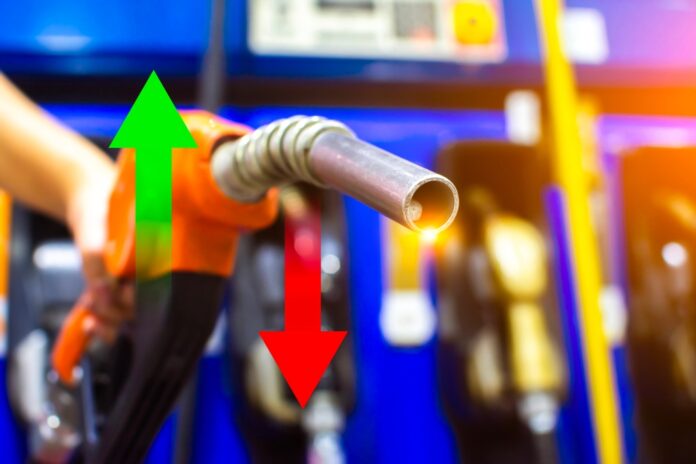Motorists and businesses alike face higher fuel costs this week as the various oil companies announced another round of price hikes set to take effect Tuesday. Gasoline prices will rise by P1.35 per liter, diesel by P0.80, and kerosene by P0.70, marking the second consecutive week of increases at the pumps.
This brings the two-week total price hike to P2.70 for gasoline, P1.90 for diesel, and P2.00 for kerosene, raising concerns over potential inflationary impact and transport cost pressures across various sectors.
Fuel retailers Seaoil and Caltex will lead the adjustments, with increases of P1.35/liter for gasoline, P1.30 for diesel, and P1.10 for kerosene, citing continuing volatility in global oil markets. Competitors such as PTT and Clean Fuel will follow with similar changes, though they do not retail kerosene. The new prices will be implemented at staggered times—Seaoil, Jetti, and PTT at 6:00 a.m., Caltex at 6:01 a.m., and Clean Fuel by 4:01 p.m. Tuesday.
According to Jetti Petroleum president Leo Bellas, the surge in global crude prices is being driven by “persistent supply fears,” largely due to a fresh wave of U.S. sanctions against Iran, alongside geopolitical tensions and economic signals from the U.S. “The easing of concerns over U.S. economic slowdown, reduced fuel stockpiles, and talk of lower tariffs on Chinese imports are all pushing prices upward,” Bellas said.
The Department of Energy (DOE) confirmed these trends. Rodela Romero, director of the DOE’s Oil Industry Management Bureau, attributed the price hikes to a “sharper-than-expected drop in U.S. crude inventories,” validating the private sector’s outlook.
Year-to-date data from the DOE, as of 22 April shows gasoline and diesel posting net increases of P2.30 and P2.85 per liter, respectively, while kerosene remains down P1.80 despite the recent upticks.
The rising prices present a double-edged challenge—for consumers grappling with increased transport and household expenses, and for businesses, especially in logistics and manufacturing, where fuel is a major operational cost. Economists warn that if the trend continues, ripple effects could reach food prices, commuter fares, and inflation figures.







